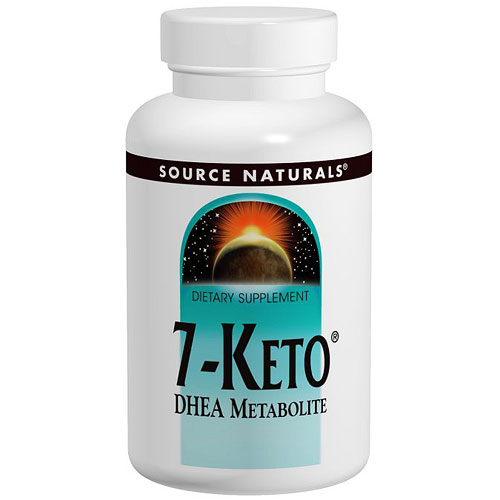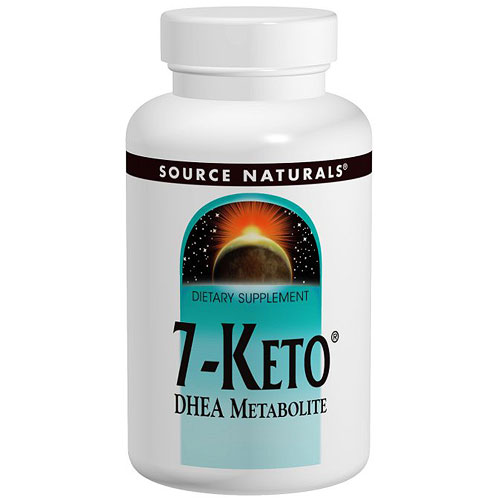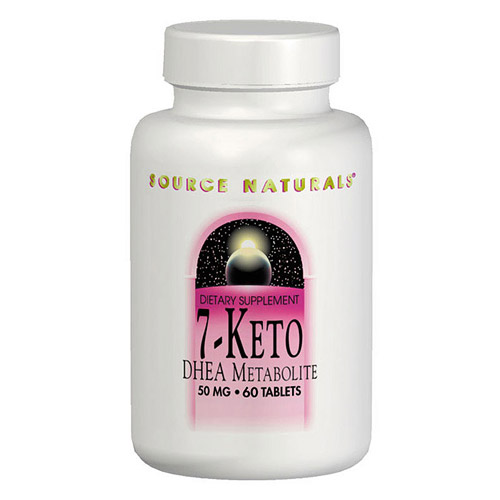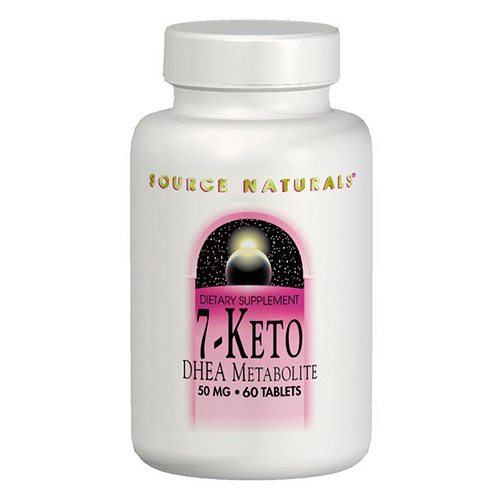Featured Items
About Dr. John L. Zenk
- John L. Zenk, M.D., is Chief Medical and Scientific Officer for Humanetics Corporation and President and Medical Director of Minnesota Applied Research Center, both located in Eden Prairie, MN. He has spoken nationally and internationally on the subjects of integrating conventional and complementary medicine, anti-aging technologies, evaluating the effectiveness of alternative medicine, and dietary supplement research and development. He is author of the book Living Longer in the Boomer Age, and co-author of the book Age Wise and is a frequent contributor to national media. He has served as Principal Investigator for 15 controlled clinical studies, three of which were recently published in national peer-reviewed journals, and has presented abstracts at the 11th World Congress for Food Science and Technology and the Federation of American Societies for Experimental Biology.
The global population is aging at an alarming rate and causing an explosion in health care costs, insurance premiums, cosmetic surgery and more. In the U.S. alone, more than one million baby boomers are expected to live to 100 years of age or older. This increased life expectancy presents a whole new set of health concerns that the medical community has not had time to address, since there is a greater need to care for age-related health problems in this ever-growing elderly population.1
Aging and the Decline in Vital Nutrients
We all grow old at the same rate but people age at different rates. Aging is a process of gradual changes that occur to varying degrees in each of us. Interestingly, the aging process is composed of different components and interactions, some of which can be impacted. One such component is the declining level of essential biological compounds, which causes our bodily functions to slow and become dysfunctional. Our organs don?t work efficiently, our immune system becomes lazy, we lack energy, our metabolism drops and we gain weight easily.1
7-oxo DHEA (7-Keto™) is a naturally occurring compound that declines with age.2 Replacing this key metabolite helps promote a healthy immune system and maintains resting metabolic rate at levels that accelerate weight loss during standard weight reduction programs.
Aging and a Healthy Immune System
Numerous changes occur in the immune system with advancing age, probably contributing to decreased immune responsiveness. Although all segments of the immune system are affected, investigators have most consistently identified declines in cellular or T-cell mediated immune function in the elderly. The decline in T-cell immune function is generally associated with an increased susceptibility to foreign organisms. For example, individuals with age-related declines in cellular immunity have an impaired response to vaccinations, making them more susceptible to health imbalances even though they have had their shots.
In a clinical study presented at the Federation of American Societies for Experimental Biology meeting in April 2004, the effect of 7-Keto on elderly immune function was evaluated. Healthy elderly adults were given 7-Keto orally twice daily over a period of one month. The study revealed that 7-Keto augmented several key T-cell mediated immune function parameters compared to placebo administration.4
Age-Related Weight Gain
Age-related weight gain and obesity are approaching epidemic proportions in our country.5 Weight gain is a disorder of energy balance involving energy intake and/or expenditure. Low energy expenditure, a drop in resting metabolic rate (RMR), is a challenge during most weight loss attempts due to age, calorie restriction, lack of physical activity or a combination of factors. RMR represents 60% of total daily energy expenditure.
Maintaining a higher RMR as we age and during weight reduction programs helps us achieve and maintain a normal weight. Furthermore, compounds with the thermogenic potential to achieve even minimal increases in daily energy expenditure of 2-3% may have clinical relevance in preventing the decline in RMR with calorie restricted diets or weight loss, and in decreasing the risk of regaining weight. 7-Keto, a non-stimulant thermogenic compound, has been shown to significantly increase energy expenditure in humans.6
A recently completed clinical study, also presented at the Federation of American Societies for Experimental Biology 2004 meeting, revealed that administration of 7-Keto to overweight adults in conjunction with a calorie restricted diet effectively reversed the decline in RMR normally associated with dieting. Obese participants following a calorie-restricted diet demonstrated a 5.4% increase in daily RMR with 7-Keto.7
The magnitude of the increase in RMR by 7-Keto is clinically relevant, and represents a promising agent for enhancing thermogenesis and weight loss in obese individuals on calorie-restricted diets. Additionally, 7-Keto has been shown in two confirmatory published clinical studies to result in three times more weight loss compared to diet and exercise alone. It has a favorable side effect profile and is easy and convenient to take.8,9
Our life expectancies will likely be longer than those of our parents, and our quality of life during those years will depend on how well we take care of our bodies now. Undoubtedly, the science of aging will give rise to new and exciting technologies to help us age more gracefully and healthfully. Maintenance of healthy immune function is keenly needed for improved quality of life in the elderly. Dietary manipulation and supplementation has been identified as a method of immune system renewal, and supplements such as 7-Keto may play an important future role as immune system modulators.
Moreover, the addition of 7-Keto to any weight loss program will offer vital support of energy expenditure and help with the attainment of a manageable and healthy weight into our older years.
References
1. 1995 White House Conference on Aging, ?Executive Summary: The Road to an Aging Policy for the 21st Century,” February 1996: 17-18.
2. Marenich LP. Secretion of Testosterone, Epitestosterone, Androstenedione, and 7-Keto-Dehydroepiandrosterone in Healthy Men of Different Ages. Prob Endokrinol. 1979; 25(4): 28-31.
3. Ginaldi L, De Martinis M, D?Ostilio A, Marini L, Loreto MF, Quaglino D. Immunological Changes in the Elderly. Aging 1999; 11(5): 281-286.
4. Zenk JL, Kuskowski MA. The Use of 3-acetyl-7-oxo-dehydroepiandrosterone for Augmenting Immune Response in the Elderly, Abstract Presented at the meeting of the FASEB, April 17, 2004, Manuscript submitted for publication.
5. Flegal KM, Carroll MD, Ogden CL, Johnson CL. Prevalence and Trends in Obesity Among US Adults. 1999-2000. JAMA 2002;288:1723-1727.
6. Astrup A. Thermogenic Drugs as a Strategy for Treatment of Obesity. Endocrine 2000;13(2):207-212.
7. Zenk JL, Leikam SA, Kassen LJ, Kuskowski MA. A Prospective, Randomized, Double Blind Study to Evaluate the Effect of HUM5007 and 7-oxo DHEA on Resting Metabolic Rate in Overweight Adult Men and Women on a Calorie Restricted Diet, Abstract Presented at the meeting of the FASEB, April 17, 2004, Manuscript submitted for publication.
8. Kalman DS, Colker CM, Swain MA, Torina GC, Shi Q. A Randomized, Double-Blind, Placebo Controlled Study of 3-Acetyl-7-Oxo-Dehydroepiandrosterone in Healthy Overweight Adults. Current Therapeutic Research 2000;61: 435-442.
9. Zenk JL, Helmer TR, Kassen LJ, Kuslowski MA. The Effect of 7-Keto Naturalean on Weight Loss: A Randomized, Double-Blind, Placebo-Controlled Trial. Current Therapeutic Research 2002; 63:263-272.














